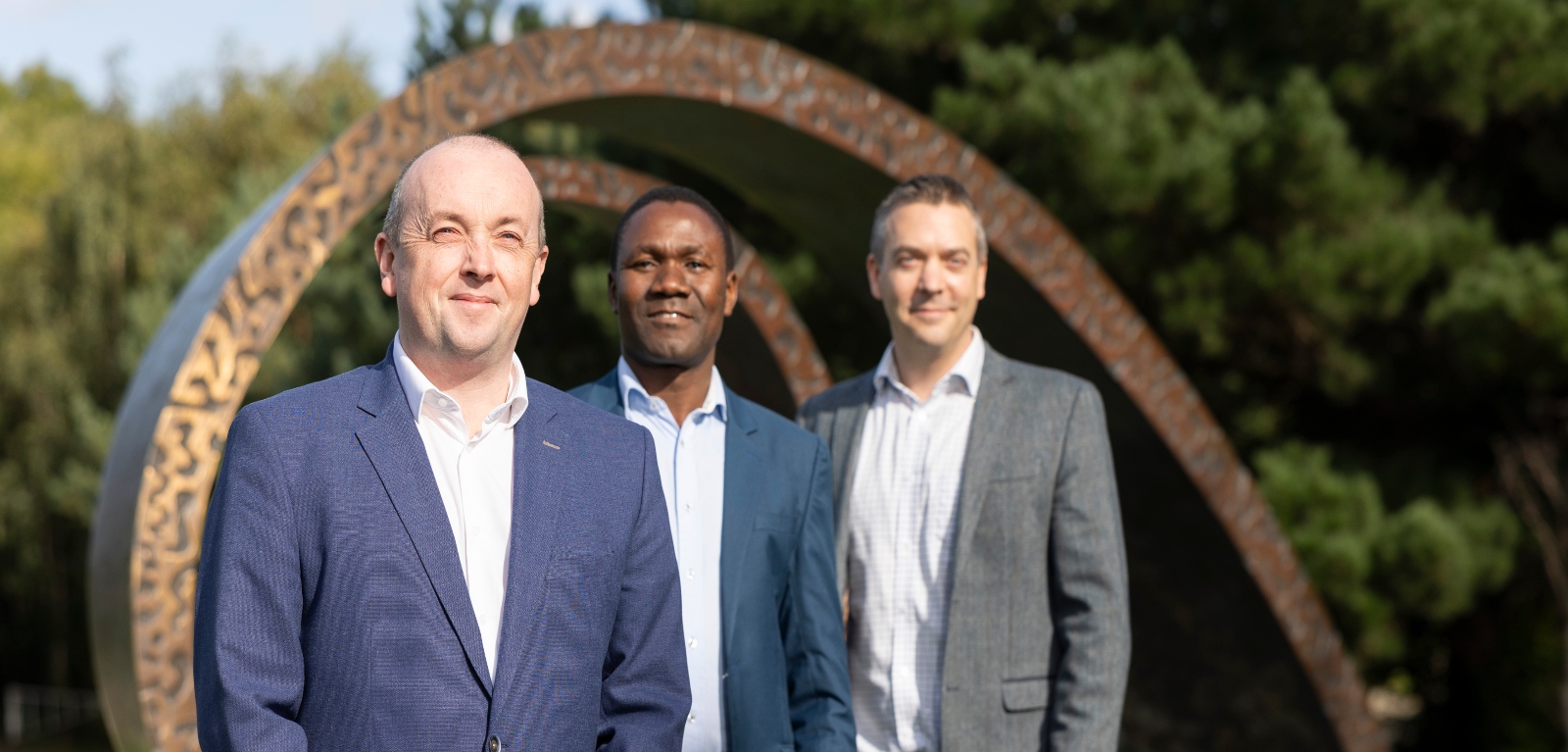Childhood pneumonia research wins Science Foundation Ireland award
A team of researchers, including Dr Chris Watson from Queen’s, has won an award in the Science Foundation Ireland-Irish Aid Sustainable Development Goals (SDG) Challenge for their research into childhood pneumonia.

The BIOTOPE project is led by Dr Joe Gallagher and Dr Watson of University College Dublin and Queen’s University Belfast, and in partnership with Dr Balwani Mbakaya of Mzuzu University in Malawi and Professor Cathal Seoighe of University of Galway.
The SDG Challenge Programme is a partnership between Science Foundation Ireland (SFI) and Irish Aid (Department of Foreign Affairs), whose purpose is to support transformative, sustainable solutions to contribute to addressing development challenges in Irish Aid’s partner countries.
The runner-up prize was announced by Minister for Further and Higher Education, Research, Innovation and Science, Simon Harris TD, and Minister of State for International Development and Diaspora, Sean Fleming TD, following rigorous assessment by a panel of global health experts.
Accepting the award, Dr Watson and Dr Gallagher, said: “This project is working to reduce deaths in children by providing tools to health workers in primary care to better identify those at risk of severe illness and those who need antibiotics.
“Our team are working together with Dr Billy Nyambalo at the Ministry of Health in Malawi to ensure findings from the research can be readily implemented within Malawi's healthcare plans.”
Pneumonia kills more children than any other single disease with an estimated 935,000 deaths per annum. The project builds on existing work in primary care in Malawi and will use cellular networks and smartphone technology to develop models to help categorise the severity of pneumonia cases for treatment, and work on tests to reduce over-prescription of antibiotics.
The BIOTOPE team will use the award prize of €893,000 over two years to improve their machine-learning models, finalise the best candidate biomarkers for disease severity, and conduct clinical studies in eight districts in Malawi.